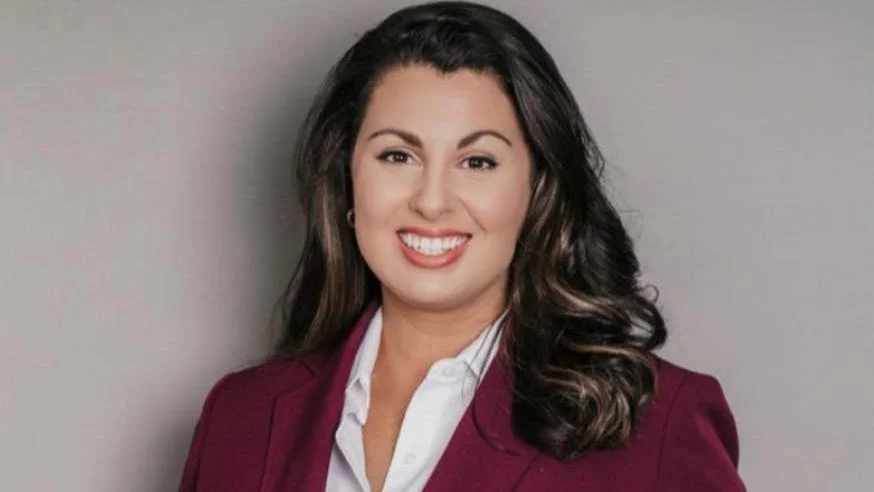Julia Coleman, Minnesota State Senator from 48th District | Facebook
Julia Coleman, Minnesota State Senator from 48th District | Facebook
Julia Coleman, a public figure active on social media, addressed the issue of political violence in a series of posts on September 10 and 11, 2025. Her comments highlighted concerns about safety for individuals across the political spectrum and referenced recent incidents involving politicians.
In her first post on September 10, Coleman wrote, “It’s tempting when people on both sides of the aisle are getting k*lled over their beliefs to want to run and hide. But in the United States of America, that’s not what we do. It’s time for good people to whether they are Republicans or Democrats, conservatives or liberals, to”. The message appeared to call for unity and resilience in response to acts of violence targeting individuals based on their political views.
Later that evening, she commented further with a brief statement: “What a terrible thing to say” (September 11).
In a subsequent post early on September 11, Coleman elaborated on her stance regarding politically motivated attacks. She stated, “Political violence - left or right - is terrible. And the data tells a different story from some claims. In the last decade, Democrats like Melissa Hortman, John Hoffman, shot in the same attack, and Nancy Pelosi, whose husband was brutally attacked in 2022, have faced”.
Coleman's references include notable incidents such as the attack on Paul Pelosi in October 2022. Paul Pelosi was assaulted at his home by an intruder who reportedly sought his wife Nancy Pelosi; this event drew widespread condemnation from both parties and prompted renewed discussions about threats against public officials ([source](https://www.nytimes.com/2022/10/28/us/politics/nancy-paul-pelosi-attack.html)). Additionally, political violence has been an ongoing concern in U.S. politics over recent years with incidents affecting members from both major parties.
The issue of political violence remains contentious and has led to calls for greater security measures and bipartisan cooperation to address threats against elected officials.


 Alerts Sign-up
Alerts Sign-up